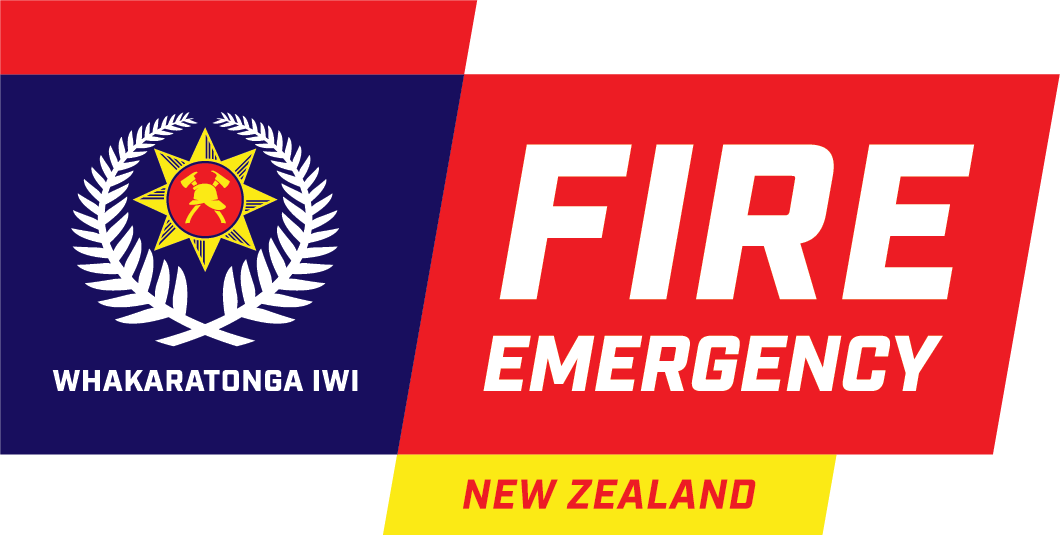Keeping our communities safe this Lunar New Year
 Lunar New Year is the festival that celebrates the beginning of a new year on the traditional lunisolar and solar calendar.
Lunar New Year is the festival that celebrates the beginning of a new year on the traditional lunisolar and solar calendar.
The festival is traditionally a time to honour deities as well as ancestors. The evening preceding the New Year's Day is frequently regarded as an occasion for families to gather for the annual reunion dinner. It is also a tradition for every family to thoroughly clean their house to sweep away any ill fortune and to make way for incoming good luck.
Other activities include lighting fireworks and sky lanterns, which pose a significant fire risk. Sky lanterns are at the mercy of the wind direction once lit, so if there is a wind change, a lantern may cause a building fire or wildfire.
Check out our advice on lighting sky lanterns(external link)
How you can help keep communities safe this Lunar New Year
We work with many diverse communities in Aotearoa to keep them safe from fires and other emergencies. Asian communities are among those facing barriers to fire safety. Research tells us that in many cases people are anxious to call 111 whether it’s due to English being their second language or believing they will be charged for the callout or prosecuted.
This Lunar New Year, here’s what you can do to help keep communities safe:
- Teach people how to call 111, and say “fire”
- Encourage people to learn their address in English if it’s their second language
- Ask the younger people to teach their older and second-generation family members how to call 111 and ask for help
- Remind people that callouts are free, and they won’t be in trouble for calling.
In partnership with New Zealand’s Asian communities, we’re also creating new and tailored fire safety resources to help build understanding of fire safety. Key topics include:
- Smoke alarm installation and checking
- Creating a family escape plan
- How to safely dispose of cigarette butts and ashes
- Advice on what to do if cooking pan catches fire
- What to do in a fire and how to call 111
- How to use a fire extinguisher
The resources will be made available on the Portal in March 2023. For more information, get in touch with the National Community Readiness and Recovery team.
